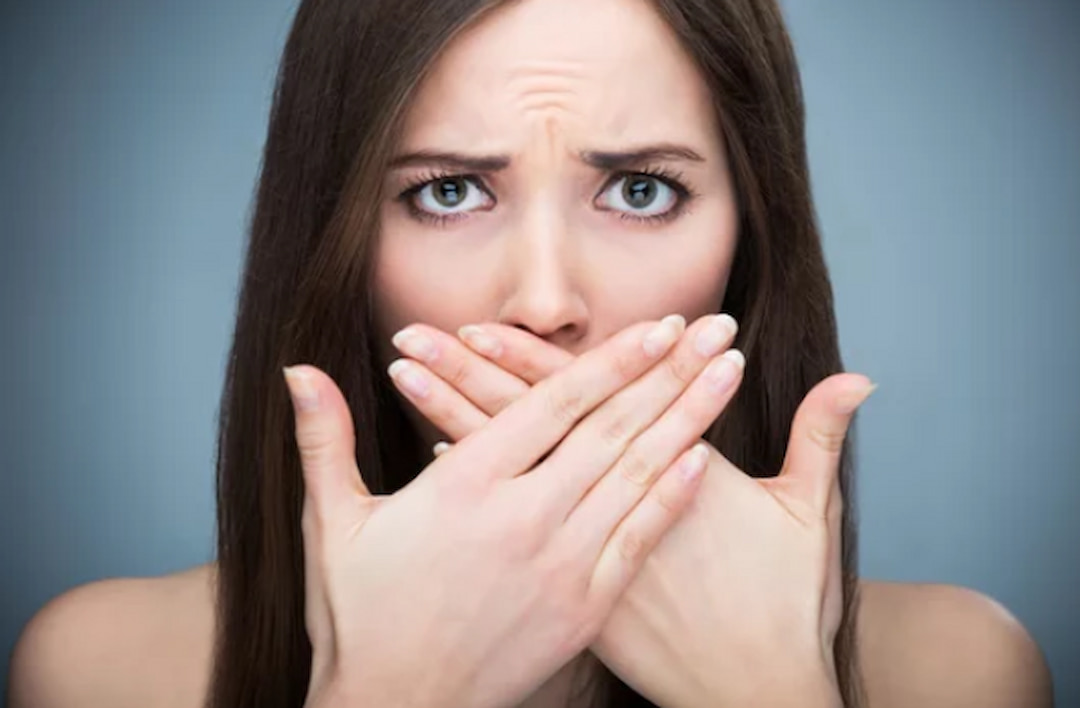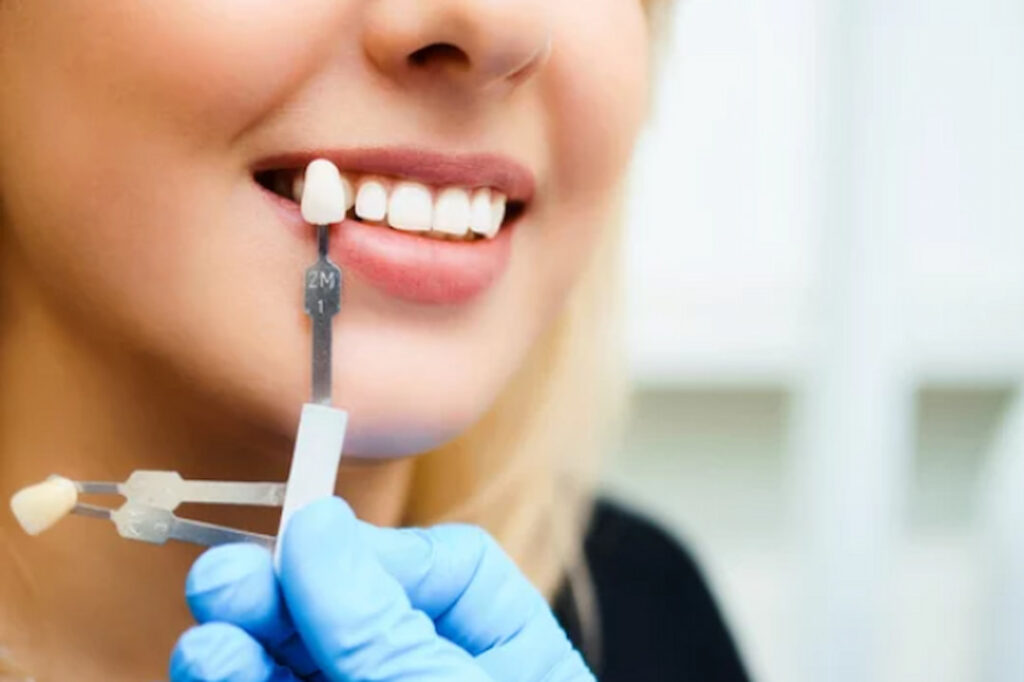
Are you in your 20s and find yourself with loose teeth, or even lost a couple? Don’t worry, you aren’t alone. Despite the loss of teeth being associated with older populations, there actually isn’t anything about old age that causes the loss of teeth.
In fact, losing teeth depends more on your overall health and your oral health rather than your age. It is entirely possible to lose teeth at the age of twenty, just as it is at the age of 70, and every age in between. In fact, there is a 4% chance that somewhere between the age of 20 and 65 that you will lose all of your teeth.
Keep reading to learn more about why your teeth might be falling out at a young age, and what to do about it, as well as more about dental implants.
Why Am I Losing My Teeth In My 20s?
There are many reasons you may find yourself losing teeth in your twenties. Whether as a result of an accident or as a sign of other health issues, there is always the possibility, even if it isn’t super common.
Here are some of the most common reasons you can expect to find yourself losing teeth as early as in your 20s.
- Smoking is well-known to be bad for the mouth. Not only can it cause cancer, but it can increase the number of bacteria in the mouth which can lead to tooth decay and gum diseases.
- Periodontal disease. Periodontal disease is also commonly referred to as gum disease. It attacks the soft tissue and can cause root rot, which can lead to teeth falling out.
- Other health problems. Even if the health problems you face aren’t related to your mouth, your teeth may still suffer from the sickness. Anything from autoimmune diseases to diabetes can cause problems with your teeth.
- While Osteoporosis may seem like a disease more designed for old people, that doesn’t mean that younger people can’t get it. Osteoporosis leads to a lack of bone density. Which can damage the jawbone and weaken t to the point that teeth can’t be supported in the mouth anymore.
- Poor dental care. People often overlook brushing and mouthwash when taking care of their mouths. However, they are equally as important as brushing twice a day. Make sure when you brush you are performing gentle, circular strokes and brushing for two minutes twice a day. Flossing and mouthwash should also occur, though at once a day.
- While cancer may not cause tooth loss by itself, the radiation that people undergo with cancer treatments tends to cause a lot of issues with a patient’s hair and mouth such as teeth falling out, or disease due to a weakened immune system.
- Lost a tooth previously. Many people that lose a back tooth tend to just ignore it, as it doesn’t cause any cosmetic harm. However, a loss of any tooth can cause harm to your mouth if it hadn’t been replaced by an implant. Your teeth try to move to fill in the large gap. This can lead to bigger spaces between teeth that allow for more food particles to get into and cause decay in the area. It also can weaken the jaw, as it is lacking the weight it needs to remain strong.
- While stress can also be a part of an illness, it can also just be by itself. Individuals that are highly stressed due to work or family situations may find their teeth loosening or falling out. Teeth grinding is also common when stressed, which can cause injury.
- Trauma is a very common reason for tooth loss at a young age. From falling to playing sports, knocking a tooth or two loose isn’t unheard of. However, that isn’t the only trauma you may subject your teeth to. Even mundane things like ripping open bags or holding objects in your mouth can cause trauma to your teeth and eventually damage or break them.
Is It Common To Lose Teeth In My 20s?
While it certainly isn’t normal to lose your teeth in your 20s, that doesn’t mean it doesn’t happen. In fact, studies have shown that out of 32 teeth on average, people between the age of 20 to 34 years have a mean number of 27 permanent teeth.
Another statistic you may be shocked to hear is that almost 4% of adults that are over the age of 20 have no remaining teeth.
So if you’ve lost a tooth in your 20s, don’t worry, you aren’t alone.
How To Prevent Further Tooth Loss
The first way to prevent further tooth loss involves improving overall health. This includes not only your oral health but your physical health as well. Make sure you are taking proper care of your teeth by brushing twice a day with fluoride as well as flossing and using mouthwash. Brushing your tongue is also a way to get rid of any excess germs ad gunk that may build up in your mouth.
Reducing stress can also help to improve the health of your teeth. It can reduce or eliminate grinding, and provide better mental and physical health.
With health, it may not be easy when you have conditions like diabetes or osteoporosis, which are outside of your control, however, making sure you have the proper vitamins and minerals can help improve your health greatly.
Eliminating smoking and increasing exercise doesn’t necessarily increase your oral health but increases your overall health, which can greatly benefit your teeth and gums.
It is also important to be careful of trauma that may damage or loosen your teeth. While you can’t avoid everything, you can make smarter decisions like using scissors to cut things open and wearing a mouth guard to prevent damage while playing sports.
A mouth guard is also an excellent tool to use if you grind your teeth a lot at night.

Am I Too Young For Implants?
No! Though we associate tooth loss with older populations, it doesn’t discriminate based on the age of a person. However, society has made it seem this way, and many younger people are afraid to go and get teeth replaced or repaired.
This doesn’t have to be the case. Implants and dentures are available for anyone, regardless of age or how many teeth you’ve lost. And remember, it is a common situation, even if not talked about much, so it isn’t worth harming your teeth and jaw further due to embarrassment. If you lose a tooth or multiple teeth, even at the age of 20, it is worth going to see a dentist have implants put in.
Are Implants Noticeable?
There are a few different types of dental implants, and some are more noticeable than others. However, if you go with the more natural ones, no one will ever notice that you’ve had an implant. Even some of the less natural ones do look fine, but sometimes they stain easier than your normal teeth do, so you might have to replace them more frequently.
What Kind Of Teeth Implants Can I Get?
There are three main ways to place implants into your mouth. The first is Endosteal implants, which are the most common and involve screwing into your jawbone. They require a strong jawbone but are easy to do and are the most common.
The next is Subperiosteal. These are alternatives to Endosteal and involve more of a rest on top of the bone instead of being screwed in. This is common if there isn’t enough jawbone or the patient is nervous about an extensive surgery that involves adding bone to the area.
The final option is rarely used but is a good option if you don’t have enough jawbone or your bone isn’t dense enough to go through with the other dental procedures. It is the most surgically technical, so it is only used as a last resort.

Conclusion
It may seem embarrassing to have lost a tooth in your twenties, no matter the reason. However, it is important to note that you are not alone, and quite a few people have likely already lost a tooth at this age as well.
T protect the rest of your teeth, it is important that you manage your oral health and physical health well, and take steps to go through with teeth implants.


Im loosing my front teeth,im sad, periodontal desease